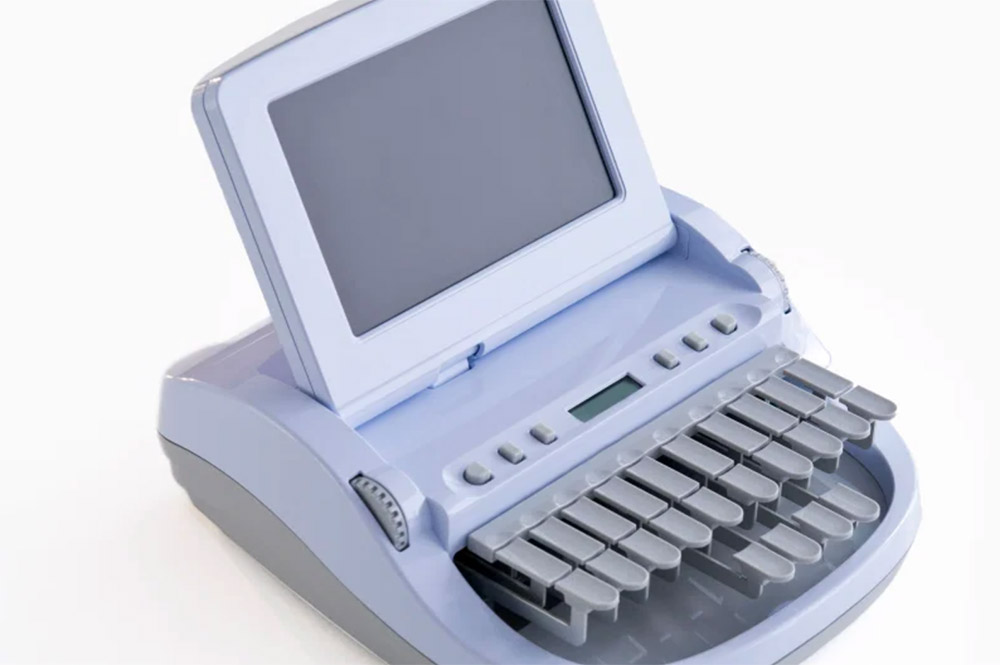
What does a certified court reporter do? You may already be venturing into this line of work, or you have aspirations to be a court reporter in the future. Perhaps you’ve never even heard of this term.
Let us start from the top! So who is a court reporter? Also known as a stenographer, these are the individuals who transcribe (take a record of) court proceedings. They usually sit in front of the courtroom, next to the judge’s bench.
In their name, the word reporter might dupe you into thinking that court reporters record audio and video recordings of court proceedings using journalistic devices. Well, that’s far from the truth. A stenographer’s job involves quietly observing and listening to the court proceedings, taking down the information and events as they occur, and filing them for future reference.
Ever wondered who prepares the official transcripts of sworn testimony by judges, attorneys, and litigators? If you guessed court reporters, then you are on point. These individuals create a detailed and accurate report of the events that occur in the court such that if a third party who wasn’t in the court reads them, he/she gets an accurate feel of what transpired in the court.
As you can see, stenography is an art that requires proper training to perfect. Various stenography colleges equip learners with steno writing, speed typing, and accuracy typing techniques. Having adequate training and experience paves the way to earning the top dollar and getting certified.
Certification as a court reporter doesn’t happen by chance. You must be able to type at least 225 words per minute at 97 percent accuracy levels. However, that’s just the tip of the iceberg. Attaining the certification demands more skills – excellent time management, proper organization skills, concise communication, focus, commitment, and a keen eye for detail.
As a court reporter, you always need to be in the moment. Absent-mindedness is a luxury that you cannot afford. You have to ensure that you capture every detail accurately. The pieces of information should be conclusive such that in case there needs to be a review of a closed case, the transcripts provide a clear picture of the court hearings.
Though not portrayed as magnificently as judges, court reporters are link engines of the court. Their transcription work ensures that the court judicial system runs smoothly. Without them, judges wouldn’t have a guideline on how to make a ruling.
Despite predominantly working in the courts, stenographers also perform tasks outside the courtroom. They may get hired to carry out transcriptions in meetings, depositions among other legal proceedings.
Technology has changed how organizations perform their tasks, and the legal system is not an exception Today, court reporters use high tech computers and stenotype machines ( a device that allows shorthand via sound recordings and transcription software that translates audio) to create perfect transcriptions.
If you researched high school students on their career aspirations, the probability that none will mention court reporting is 99 percent. Though unknown to most people, court reporters are doing an incredible job creating accurate records and protecting them.
